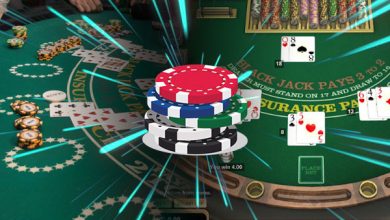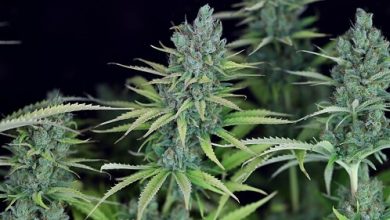Factors Affecting Your Biological Age

Every human has two ages. One is the chronological age we celebrate every year as it correlates to our birth. The second age, known as the biological age, is not as easy to note as the chronological age. It also doesn’t correlate to the number of years an individual has lived on earth.
Yet, studies show that the biological age of any individual can predict their mortality and risk for age-related diseases.
This begs the question, what’s a biological age and what factors affect it?
What is a Biological Age?
Your biological age, in a nutshell, represents the actual age of your organs and body system. One could be 30 years chronologically but be 37 biologically. You can calculate your biological age using a biological age test kit which measures some biomarkers for biological age.
Now that you know what biological age is, what are the factors that affect your biological age?
Factors Affecting Biological Age
Ageing, also known as cellular senescence, is the process through which the body stops being fertile and begins to tend towards mortality. It’s an expression of what happens to the cells when they stop multiplying. One of the major biomarkers for biological ageing and cellular senescence is telomere shortening.
How fast or slow telomere shortening occurs indicates the body’s ageing rate. Six factors affect telomere shortening, and we’ll discuss a few below.
Sleep
The adverse effects of sleep deprivation have been talked about enough. Diseases like obesity, cardiovascular diseases, hypertension, diabetes, etc., have been linked to inadequate sleep.
But it goes one step further. Lack of sleep affects your cells, in particular, the telomere lengths. Adults who get the required seven to nine hours of sleep tend to have longer telomeres. This correlation is even more vital in older people who have already started experiencing cellular senescence.
Physical Activity
Physical activity is another factor that affects telomere length and ageing. A study published in October 2020 aimed at establishing a link between lifestyle choices and telomere lengths showed that more active people had longer telomeres.
Other studies show that regular exercise for six months improves telomere length. Aerobic exercise, in particular, is very effective at slowing down the process of telomere shortening.
Depression
The state of one’s mental health is an indicator of their telomere length and their biological age. Mood disorders like anxiety and depression have a negative effect on the length of telomeres.
A study conducted by Simon et al. proved that people with mood disorders had significantly shorter telomeres than those who didn’t. This, in turn, aged them by ten years biologically, meaning that 30-year-old individuals with mood disorders recorded biological ages of 40 years and above.
The conclusion of this study proved that the more severe a mood disorder is, the shorter the telomere length compared to individuals without mood disorders.
Genetics
Sometimes your biological ageing has nothing to do with your habits and everything to do with your genes. Despite a person’s good quality of life, their genes could still mark them for faster telomere shortening. Just like susceptibility to certain health diseases is hereditary, longer telomeres and longevity are also hereditary.
In addition, one study has also highlighted that adult women had much longer telomere lengths than men.
Adversity
Early exposure to adversity or traumatic experiences could also influence the telomere length of individuals. One recent study showed that children who became fatherless at young ages had significantly shorter telomeres than those whose fathers were around for much longer.
The impact of this early trauma could be felt for a very long time leading to these children being at a higher risk for age-related diseases and faster biological ageing.
Lifestyle Choices
At the end of the day, biological ageing boils down to two major categories – genetics and lifestyle. One can be changed, but the other cannot.
Lifestyle choices impact telomere length. For example, choices like eating healthy, smoking, geographical location, alcohol consumption, sexual and romantic relationships, and stress management significantly impact telomere length and longevity.
Studies have proven that bad lifestyle choices are directly proportional to a higher rate of telomere shortening and vice versa.
Summary
Your biological age determines your longevity and predisposition to certain age-related diseases like hypertension, stroke, etc. Unlike chronological age, individuals have control over how fast or slow they can age depending on the rate at which their cells experience telomere shortening. Adopting a healthy lifestyle, sleeping well, and managing your mental health can lengthen your telomeres and improve your biological age.





